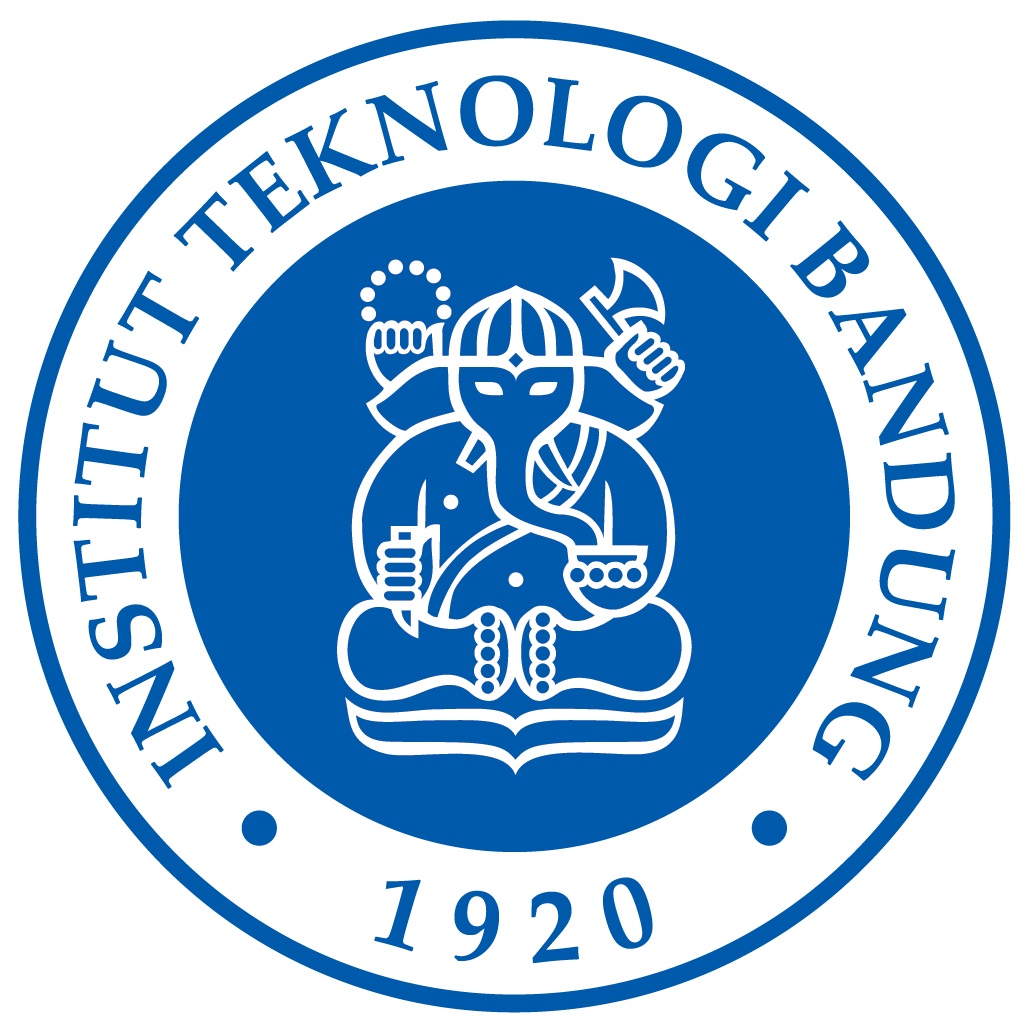

Neneng Nurlaela Arief
SBM ITB & Sustainability Awareness
SBM ITB, as a business school implementing the Principle of Responsible Management Education (PRME) program under the auspices of the United Nations (UN), plays a crucial role in spreading awareness to their stakeholders about sustainability and preventing greenwashing practices in the business context. Greenwashing occurs when companies use non-transparent, misleading, or false claims to deceive consumers into believing that their products are environmentally friendly. This misleading communication can take various forms, including exaggerated advertising language, baseless claims, irrelevant environmental claims, selective data bias, and affiliations with broader environmental movements.
Why ESG Matters
In recent years, Indonesia has experienced environmental events such as forest and land fires, air pollution, and ecosystem degradation. These events highlight the urgent need for environmental protection, with ESG principles serving as a foundation for environmental recovery and protection efforts.
Environmental, Social, and Governance (ESG) practices have drawn the attention of the public and the government. In addition to focusing on the environment (E) and social aspects (S), governance (G) in ESG — which emphasizes good corporate governance — is crucial to improving transparency, accountability, and integrity in Indonesia's business sector. The government has integrated sustainability aspects into various development plans, including the National Medium-Term Development Plan (RPJMN). The implementation of ESG principles aligns with efforts to achieve sustainable development goals and national resilience.
The Indonesian government has demonstrated its commitment to sustainability by creating policies and regulations supporting ESG implementation. For example, ESG principles are included in the Sustainable Reporting Guidelines on the Indonesia Stock Exchange (IDX), and the government supports sustainability initiatives.
ESG begins with attention to environmental, social, and governance issues that affect companies 'financial performance. The financial services industry, especially investors and banks, seeks to ensure that their investments in companies are safer and yield better performance, particularly in the medium to long term. At the same time, these decision-making processes are expected to make the world closer to sustainability. This approach aligns with the "enlightened shareholder interest" paradigm (UN, UNP, 20024).
Previous studies have shown that companies that focus seriously on material environmental, social, and governance issues tend to have better financial performance (Whelan, T. et al, 2021). ESG, emphasizing the consequences of sustainability issues on corporate financial performance, is considered not as a separate entity from corporate sustainability but as an integral component of achieving it. This is because ESG specifically focuses on addressing sustainability issues that have a material impact on corporate financial performance (Bebbington, J. and Pollard, D., 2022).
Increase understanding of sustainability concepts and communication strategies to avoid greenwashing practices. Ensure participants have a deep understanding of ESG and sustainability concepts. Explore environmental, social and corporate governance aspects involving ESG. Encourage Commitment Regarding ESG Implementation: Inspire participants to adopt ESG principles in the context of business, higher education and community engagement. Emphasizes the importance of long-term commitment to sustainability. Understanding the Role of Higher Education in the ESG Context: Highlighting the role of higher education institutions in shaping the character of future leaders. Analyze how higher education curricula and practices can incorporate ESG principles.
Increase Awareness regarding Community Involvement. Increase participants' awareness of strategies and benefits of community involvement in the ESG context. Encourage active community involvement in sustainable decision processes. Ensure that companies, industrial partners, companies owned by alumni, students do not practice greenwashing. This activity is in line with achieving the sustainable development targets of SDGs no. 8 and 11.